NSW K – 10 Science Syllabus mapping for all our incursions
NSW Science Syllabus Content: A student:
ST2-8PW-ST
describes the characteristics and effects of common forms of energy, such as light and heat
ST2-9PW-ST
describes how contact and non-contact forces affect an object’s motion
ST3-8PW-ST
explains how energy is transformed from one form to another
ST3-9PW-ST
investigates the effects of increasing or decreasing the strength of a specific contact or non-contact force
ST3-2DP-T
plans and uses materials, tools and equipment to develop solutions for a need or opportunity
Science and Technology K–6 Syllabus
(Implementation from 2027)
For explanatory points & implementation advice for each dot point, please visit the NESA Science and Technology K–6 Curriculum site
ST3-SCI-01
uses evidence to explain how scientific knowledge can be used to develop sustainable practices
ST3-PQU-01
poses questions to identify variables and conducts fair tests to gather data
NSW K – 10 Science Syllabus mapping for all our incursions
Print a PDF which details K to 6 mapping of all our science visits
Victorian F – 10 Science Curriculum
Science knowledge helps people to understand the effects of their actions (VCSSU056)
Forces can be exerted by one object on another through direct contact or from a distance (VCSSU064)
Scientific understandings, discoveries and inventions are used to inform personal and community decisions and to solve problems that directly affect people’s lives (VCSSU073)
Energy from a variety of sources can be used to generate electricity; electric circuits enable this energy to be transferred to another place and then to be transformed into another form of energy (VCSSU081)
Print a PDF which details P to 6 mapping of all our VIC science visits
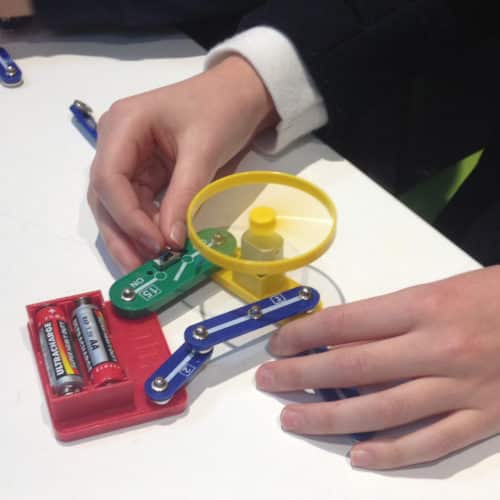
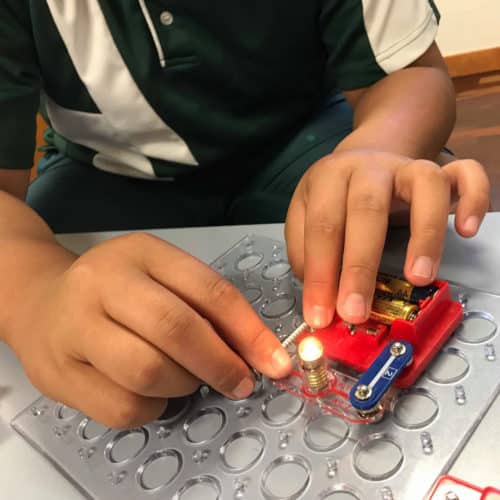
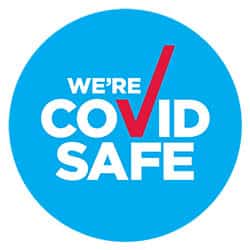














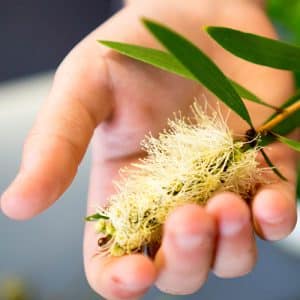
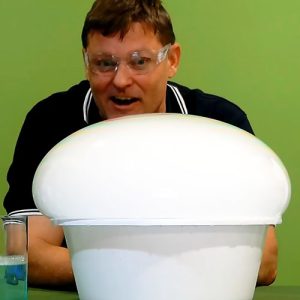
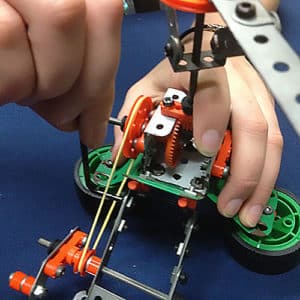




I just wanted to pass on how much the staff and students really enjoyed it and how perfect it was to launch our science week activities. The students were enthralled, educated and entertained – a perfect trifecta!
-Caulfield Grammar School – Big Science Big FunThanks so much for presenting at our school on Monday. Our students enjoyed the show.
-Greenvale Primary School – Big Science Big FunFizzics Education curated a thoughtful and hands-on experience for the children, incorporating practical, skill-based learning activities and followed by a science presentation at the end of the event involving liquid nitrogen. This was delivered safely and effectively, capturing both the children and the parents for the duration of the presentation.
-Macquarie Bank – Family Fun DayFizzics Education ran a show today at our school and it was wonderful. He was a great facilitator and the show was age appropriate and well done.
-Mount Zion Early learning centre – Little Science Big FunI just wanted to pass on how much the staff and students really enjoyed it and how perfect it was to launch our science week activities. The students were enthralled, educated and entertained – a perfect trifecta!
-Caulfield Grammar School – Big Science Big FunThanks so much for presenting at our school on Monday. Our students enjoyed the show.
-Greenvale Primary School – Big Science Big FunFizzics Education curated a thoughtful and hands-on experience for the children, incorporating practical, skill-based learning activities and followed by a science presentation at the end of the event involving liquid nitrogen. This was delivered safely and effectively, capturing both the children and the parents for the duration of the presentation.
-Macquarie Bank – Family Fun DayFizzics Education ran a show today at our school and it was wonderful. He was a great facilitator and the show was age appropriate and well done.
-Mount Zion Early learning centre – Little Science Big Fun